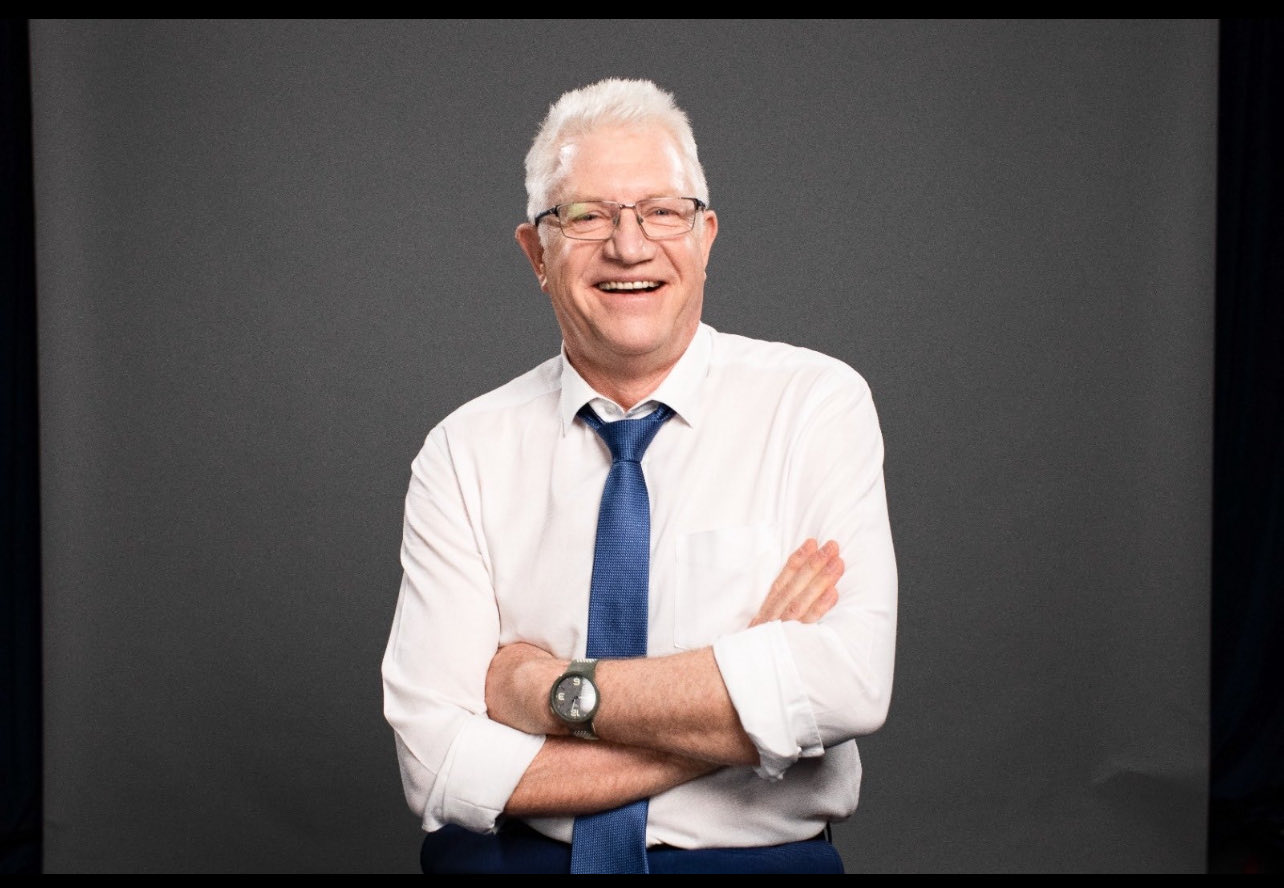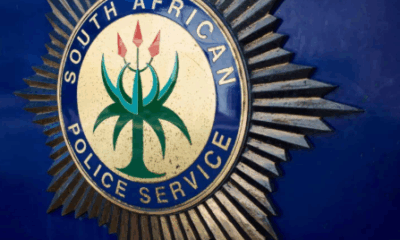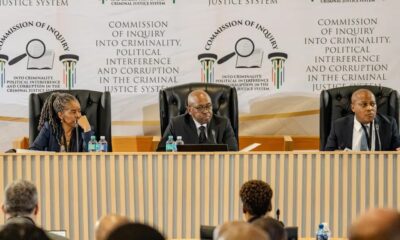In the Western Cape, a political and judicial standoff is unfolding behind closed doors. At its center is a single, sealed document: a report from the Western Cape Police Ombudsman, completed in November 2022, which investigates deeply disturbing allegations of links between senior police management and organised crime gangs.
For over three years, Premier Alan Winde has possessed this report and refused to make it public, despite mounting calls for transparency. Now, civil society groups have drawn a line in the sand, giving him a Friday deadline to release it or face potential legal action.
A Report Born from a Judge’s Finding
The origins of the report are as serious as the allegations it contains. It was commissioned after Western Cape High Court Judge Daniel Thulare, in a 2022 judgment, pointed to evidence suggesting that the South African Police Service (SAPS) leadership in the province had been infiltrated by the notorious 28s gang.
In response, Premier Winde tasked the Police Ombudsman with investigating the claims to determine if a full commission of inquiry was warranted. The Ombudsman completed the investigation and submitted the report to the Premier’s office. It has remained under lock and key ever since.
The DA’s Silence and Selective Outrage
The situation has created a complex political dilemma for Winde’s own party, the DA. While the party has been vocal in its criticism of the national SAPS for a “blatant disregard for transparency”particularly over the delay in releasing quarterly crime statisticsit has remained conspicuously quiet about its own Premier’s refusal to publish the Ombudsman’s report.
When asked to comment on this contradiction, DA MPL and party spokesperson on Police Oversight, Benedicta van Minnen, did not explain why the Premier has not been held accountable before her own standing committee.
Civil Society Loses Patience
The pressure is now coming to a head. The Cape Crime Crisis Coalition (C4), a civil society group, has given Premier Winde until Friday to make the document public. The coalition argues that “the public has a right to know if the institutions tasked with their protection have been compromised,” and has not ruled out submitting a PAIA (Promotion of Access to Information Act) application or taking other legal steps to force its release.
In a brief comment this week, Winde suggested the report’s contents are so sensitive that they could put law enforcement officers at risk, noting that he had also informed Cape Town Mayor Geordin Hill-Lewis of the “general risks.” The City, however, clarified that no City officials were implicated and that the matter rests solely with the provincial government.
As the deadline looms, the public is left with a critical, unanswered question: what is in the report that requires such extreme secrecy, and when will the people of the Western Cape be trusted with the truth about the integrity of those sworn to protect them?
{Source: IOL}




























